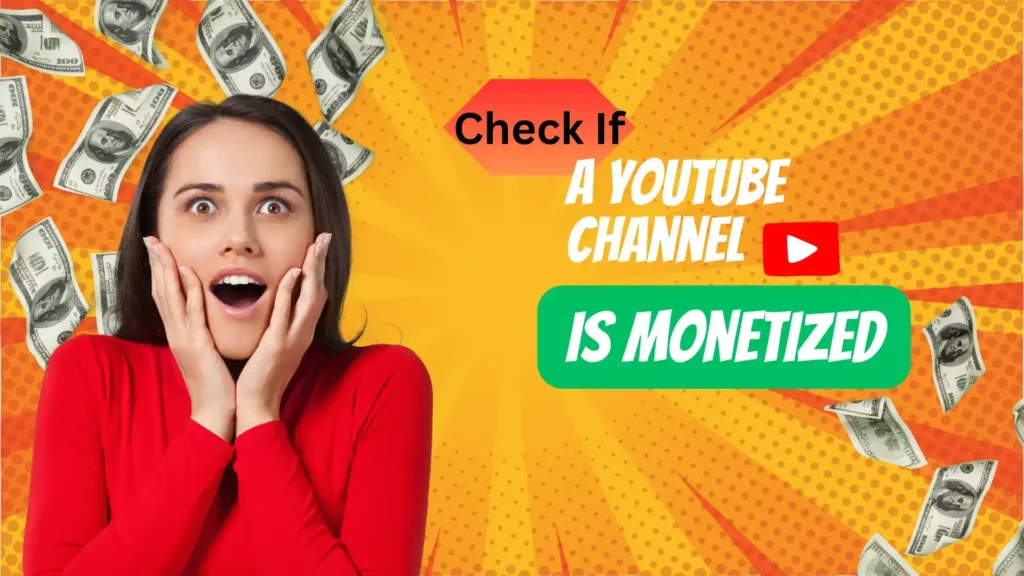
- Content Monetization Program
Facebook (Meta) has introduced a unified “Content Monetization” program that merges several existing monetization tools — in-stream video ads, Reels ads, and the Performance Bonus — into one streamlined system. This aims to simplify how creators earn income from various formats. - Stories Monetization
As of March 2025, Facebook Stories have become monetizable (for eligible creators). If you’re already monetizing, you can use Stories as another revenue stream. - Eligibility & Tools
To use monetization tools, creators/pages need to meet Meta’s monetization policies and eligibility standards. These include compliance with community standards, certain thresholds (followers, watch time/views etc.), and adhering to quality/content guidelines. - New Deadline & Push
There has been communication from Facebook about a change effective August 31, 2025, regarding content monetization tools. Creators need to take action (e.g. meeting eligibility, setup) by that date in some regions.
Implications / Things to Note
- Because different tools are being merged, creators who used only one type (e.g. Reels or in-stream video ads) will see those now treated under one umbrella. This may change how performance is measured.
- For anyone not yet eligible (or who had only partial access), there may be new criteria to meet.
- As with all monetization, content quality, originality, and consistent engagement remain important. Facebook is increasingly enforcing its policies more strictly.

TIKTOK
Updates & Policy Changes
- Monetization Programs & Rewards
TikTok continues to expand its Creator Rewards Programs, “TikTok One,” video gifts (Diamonds), and other monetization paths. Creators can earn via direct rewards, brand collaborations, ad revenue etc. - Advertising & Policy Enforcement
TikTok’s monetization and advertising policies have been updated to include stricter enforcement. Violations of community guidelines can lead to immediate suspension of monetization — even for what previously might have been warnings. - Content Format & Geography
Some changes relate to how content format (e.g. Duets, short videos under a certain time) and geographical compliance are handled. Misrepresenting location (or using VPN to bypass region restrictions) is more likely to attract penalties.
Things Creators Should Do
- Keep up with TikTok’s policies and ensure your content (music, branding, etc.) is cleared/compliant.
- Avoid relying on borderline or controversial content past one violation; enforcement seems less forgiving now.
- Ensure format requirements are met — what kinds of videos are eligible for monetization, rewards, etc.

YOUTUBE
YouTube probably has the most complex recent updates, especially around the YouTube Partner Program (YPP), what counts as “eligible” content, and what content may be disqualified.
Recent Key Changes (Effective ~July 15, 2025)
- “Inauthentic” / “Repetitious” Content Policy
YouTube has updated its policy formerly called “repetitious content” which is now renamed to “inauthentic content.” The change is aimed at better defining what mass-produced, low originality, or very repetitive content looks like. - What’s Affected
Types of content that may be considered inauthentic include:- Channels that produce narrative stories with only small superficial changes between them.
- Slideshows or compilations that use similar narration across many videos without sufficient transformation.
The idea is to push creators toward creating more original, high-quality content rather than “template”-style content or minimal edits.
- Ad Review / Suitability Updates
YouTube has improved its ad suitability review process. Now, even private videos might be reviewed, more human reviews in some cases, and this might slow down some monetization decisions (videos may take up to ~24 hours to get monetization status in some regions). - Profanity Rules Loosened
One of the policy changes: videos with strong profanity (e.g. “fuck”) in the first seven seconds are no longer automatically demonetized, which reverses a stricter prior stance. However, content with excessive profanity or profanity in thumbnails/titles still may face restricted monetization. - Eligibility Thresholds & Requirements Remain
Many basic thresholds (number of subscribers, watch hours, adhering to Community / Advertiser-friendly content guidelines etc.) remain in place, though the enforcement is more exacting. Creators must still apply and be reviewed.
Impacts & Considerations
- Creators who leaned heavily on reused content, or content that is minimally transformed from other sources, are at risk. They may lose eligibility or see reduced revenue.
- Attention to content originality, transformation, quality, and value is increasingly important.
- Deadlines and review times may affect content release schedule; planning ahead and ensuring compliance will help.
- Changes in language/profanity rules may allow more expressive content, but creators should still be cautious about titles, thumbnails, or frequency of profanity — these are still monitored.
Comparative Takeaways & Trends
Here are some broader trends and things that creators across platforms should know:
- Originality & Authenticity Are Increasingly Valued
All three platforms are tightening how they define content that’s eligible for monetization. Minimal editing, repetitive formats, reused or AI-generated content might be ok only if transformed significantly. - Policy Enforcement is Getting Stricter
What earlier might have been warnings or soft penalties are now more likely to lead to temporary or permanent demonetization. Community guideline violations are taken very seriously. - Monetization Rules Differ by Region, Format, & Prior History
Creator eligibility often depends on geography, account standing, content type (shorts vs long form vs live etc.), and compliance record. - Faster/More Human Reviews in Some Cases
To improve accuracy (especially for ad suitability), platforms are adding more manual reviews or enhanced review processes—this may slow down decisions but (ideally) reduce unfair demonetization. - More Monetizable Formats
Stories, Reels, short video formats, etc., are becoming more monetizable (or already are), not just long videos; creators who diversify content types may benefit. - Profanity & Sensitive Content Rules Are Being Refined
Some loosening (e.g. YouTube’s profanity rules) but still many guardrails remain. Titles, thumbnails, how often certain content appears still matter.
CLICK HERE TO GET FREE FACEBOOK MONITIZATION TRICK

